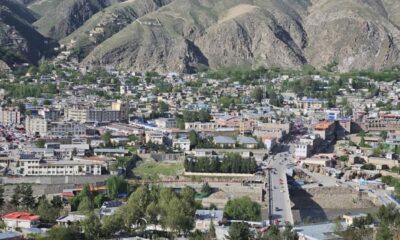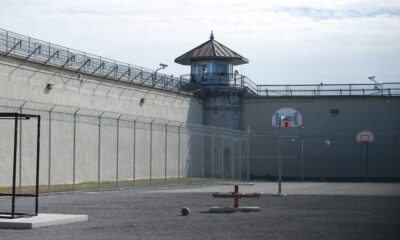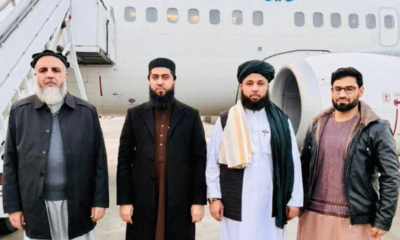Latest News
Afghan Sikhs and Hindus call on IEA to return their usurped houses
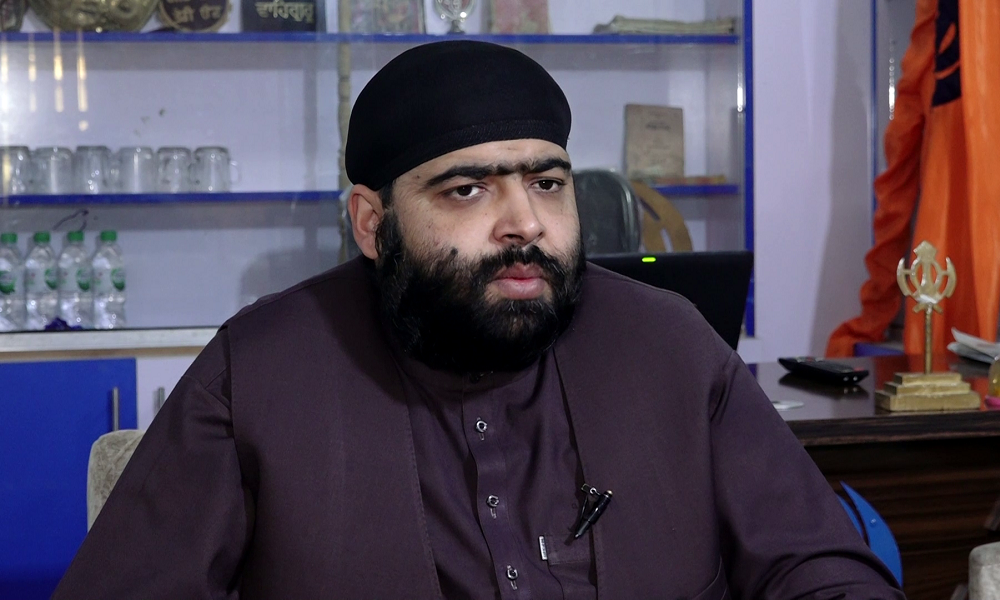
One of the few remaining Sikhs in Afghanistan, Manjit Singh Lamba, has called on the Islamic Emirate of Afghanistan (IEA) to help return their houses and other properties that were taken from them over the years.
Lamba, who is head of the Afghan Council of Hindus and Sikhs, said the majority of his community fled the country after a spate of deadly bombings against them, and after the political developments two years ago.
He said 45 Hindu and Sikh families are still in Afghanistan and that he did not leave, but has continued to live in Kabul.
Lamba also called on Afghan Sikhs to return to their country. At one time, “there were many people, 700,000 families. The revolution came and after that, our people gradually left the country,” he said.
“Currently, a total of approximately 45 to 50 Sikh and Hindu (families) live in Afghanistan in provinces such as Nangarhar, Kandahar and Kabul,” he added.
The Islamic Emirate of Afghanistan has stressed that they are committed to addressing all the problems of Hindus and Sikhs.
IEA officials stated that the lives and properties of Hindu and Sikh citizens are protected and they can perform their religious rituals in a safe environment without any worries.
Zabihullah Mujahid, the spokesman of the IEA, said that those who have gone abroad can return to the country without any worries.
“The Islamic Emirate commits to take care of the minorities and the Hindus are also safe. If they have gone in the past years, it is not our obligation, but we invite them to come to Afghanistan; they can perform their rituals and their security will be ensured,” said Mujahid.
Some social experts meanwhile have said that the Hindu and Sikh community in Afghanistan are among the ethnic minority groups in the country, but that various crises forced them to leave their homeland.
Latest News
Traffic accident in Badakhshan leaves 12 dead, 3 injured
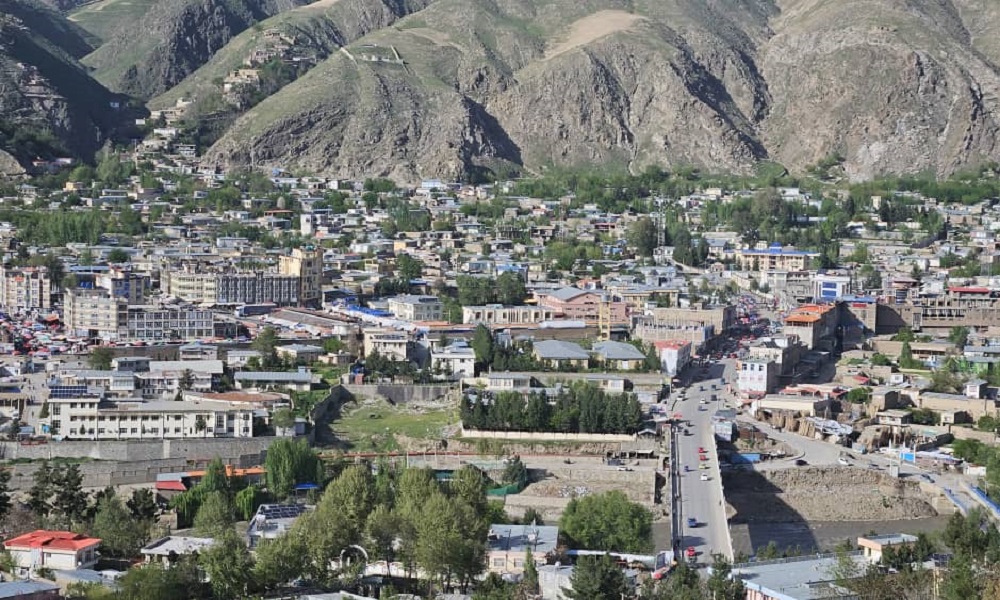
Ehsanullah Kamgar, spokesperson for the Badakhshan Provincial Police Command, said that 12 people were killed and three others were seriously injured in a traffic accident in Arghanjkhwah district of the province.
Kamgar added that the incident occurred at noon on Saturday in the Samdar area of Arghanjkhwah district.
According to him, the victims include men, women and children.
He explained that the incident happened when a Flancoach -type vehicle veered off the road due to poor road conditions and plunged into a ravine.
The injured were transferred to health centers for treatment, and the condition of some of them has been reported as critical.
Latest News
Afghanistan to grant one- to ten-year residency to foreign investors
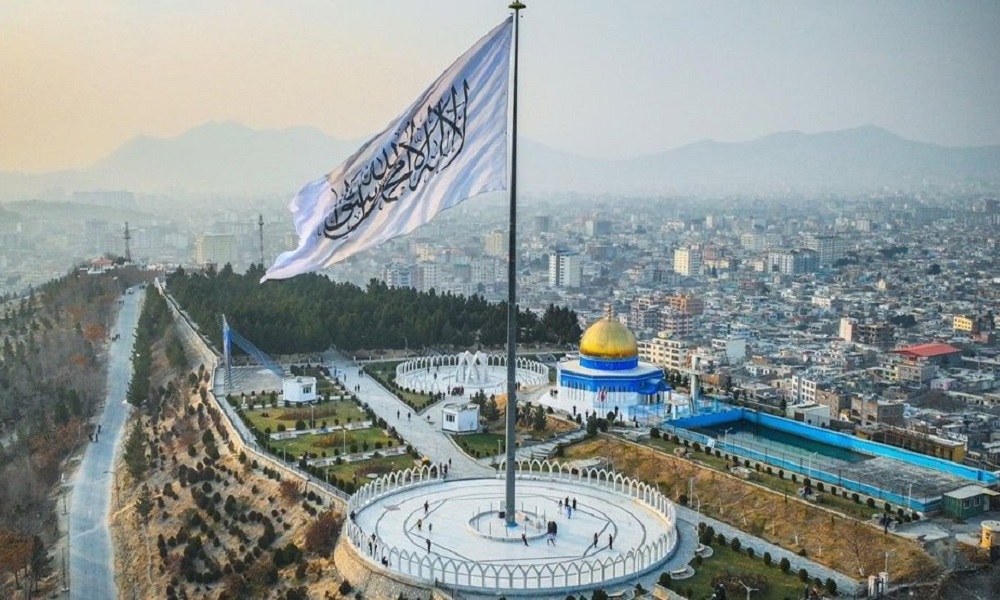
The Islamic Emirate of Afghanistan has approved a plan to grant foreign investors residency permits ranging from one to ten years in exchange for investment in the country.
The decision was endorsed during a regular meeting of the Economic Commission, chaired by Deputy Prime Minister for Economic Affairs Mullah Abdul Ghani Baradar.
According to a statement from the deputy PM’s office, a designated committee has been tasked with determining the length of residency based on the volume of investment, which will be categorized under specific criteria.
Latest News
Traffic police receive new cars

The Ministry of Interior has announced the delivery of several new, modern cars to the General Directorate of Traffic Police, replacing the older fleet that consisted mostly of trucks.
According to a ministry statement, the new vehicles, equipped with special traffic police colors, markings, and modern equipment, are expected to play a key role in maintaining traffic order in cities and on main roads, preventing accidents, and providing faster services to the public.
-

 Sport4 days ago
Sport4 days agoJapan trumps Afghanistan 6-0 in AFC Futsal Asian Cup quarter-final
-

 Sport3 days ago
Sport3 days agoHosts and heavyweights advance as AFC Futsal Asian Cup reaches semifinals
-

 Sport5 days ago
Sport5 days agoAfghanistan crush Scotland in ICC T20 World Cup warm-up
-

 Latest News2 days ago
Latest News2 days agoTerrorist threat in Afghanistan must be taken seriously, China tells UNSC
-

 Latest News3 days ago
Latest News3 days agoUzbekistan, Pakistan advance Trans-Afghan railway project
-

 Business4 days ago
Business4 days agoAfghanistan seeks expanded ties with Russia in energy, mining and infrastructure
-

 Sport3 days ago
Sport3 days agoWinter Olympics finally underway, ATN to broadcast exclusively across Afghanistan
-

 Sport3 days ago
Sport3 days agoAfghanistan beat West Indies in final T20 WC warm-up match


